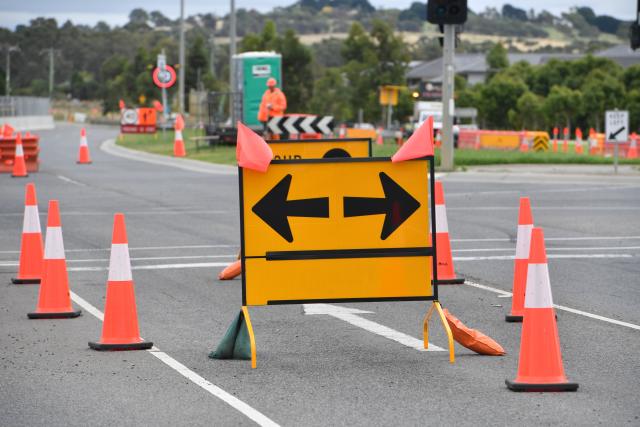WANDERING dogs have led to a “significant majority” of fines being served to Whittlesea animal owners.
But the doubling of fines dished out in the past year in Whittlesea has been attributed in part to new bans on dog breeds such as pitbulls.
Whittlesea council issued a total of 1299 animal-related fines and cautions in the financial year 2010–11, up almost 100 per cent on the previous year’s total of 667. The council could not put a dollar figure on these fines.
Acting local laws manager Pat Carra said there was no single reason for the dramatic rise. “The increase between the two years could be down to a rise in the number of cautions, the implementation of new state government-led legislation and the growing nature of the municipality,” said Mr Carra. “The significant majority of animal-related fines are in relation to dogs that have been impounded and are unregistered after being found wandering.”
This year the state government enacted laws banning pitbulls and other restricted breeds and forced owners to declare their dogs, keep them muzzled and on a leash or risk having them put down. Mr Carra said the council’s policy was to caution not fine owners whose animals were registered and had wandered for the first time. Fines would follow for repeat offences.
The council patrols the area looking for wandering animals, with the aim of reuniting them with their owners, a spokesman said.
Owners of unregistered pets risk a $244 fine, while the cost of retrieving a pet from the RSPCA’s Epping shelter ranges from $36.50–$155, depending on whether or not it is registered and vaccinated. The penalty for abandoning cats or dogs is up to approximately $6000 or six months imprisonment.
Jack Davis from Ratepayers Victoria said councils were getting “carried away” with revenue raising, as a result of state and federal governments cutting back local government grants.
– Fran Cusworth

















